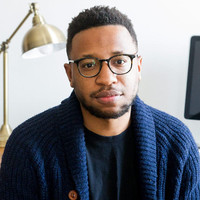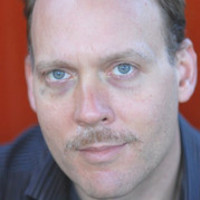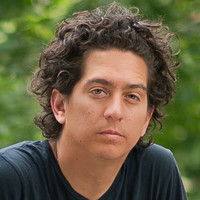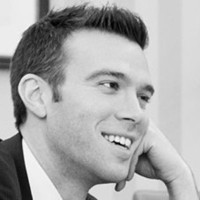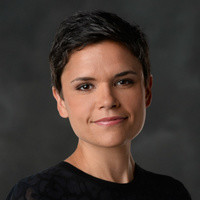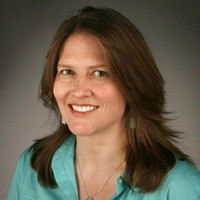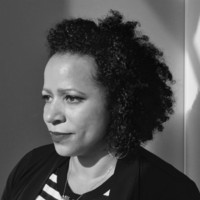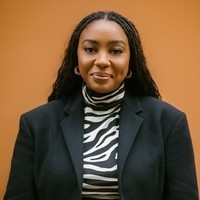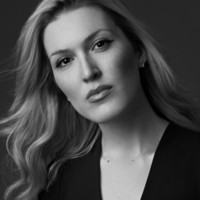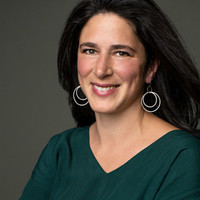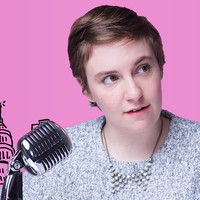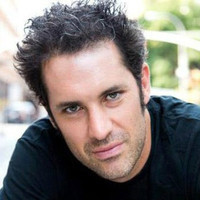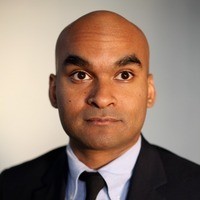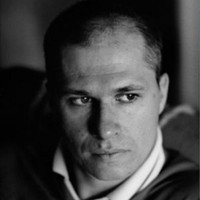Susan Casey is the former editor of O and the author of three New York Times bestselling books. Her latest is Voices in the Ocean: A Journey into the Wild and Haunting World of Dolphins.
“The funny thing is people often say, ‘You must be fearless.’ I’m always afraid of whatever it is. But for whatever reason—I think it’s partly naïvety, partly just overwhelming curiosity—I am also not going to let fear stop me from doing things even if I feel it. Unless it’s that pure…you do have to listen to your body sometimes if it tells you not to do something that could result in you really never coming up from falling on that 70-foot wave.”
Thanks to MailChimp, HelloFresh, and Squarespace, and for sponsoring this week's episode.


